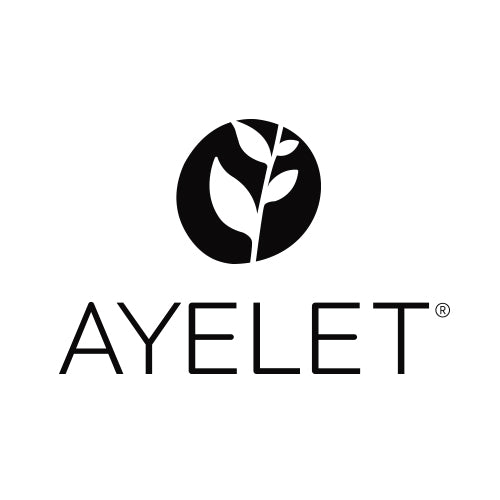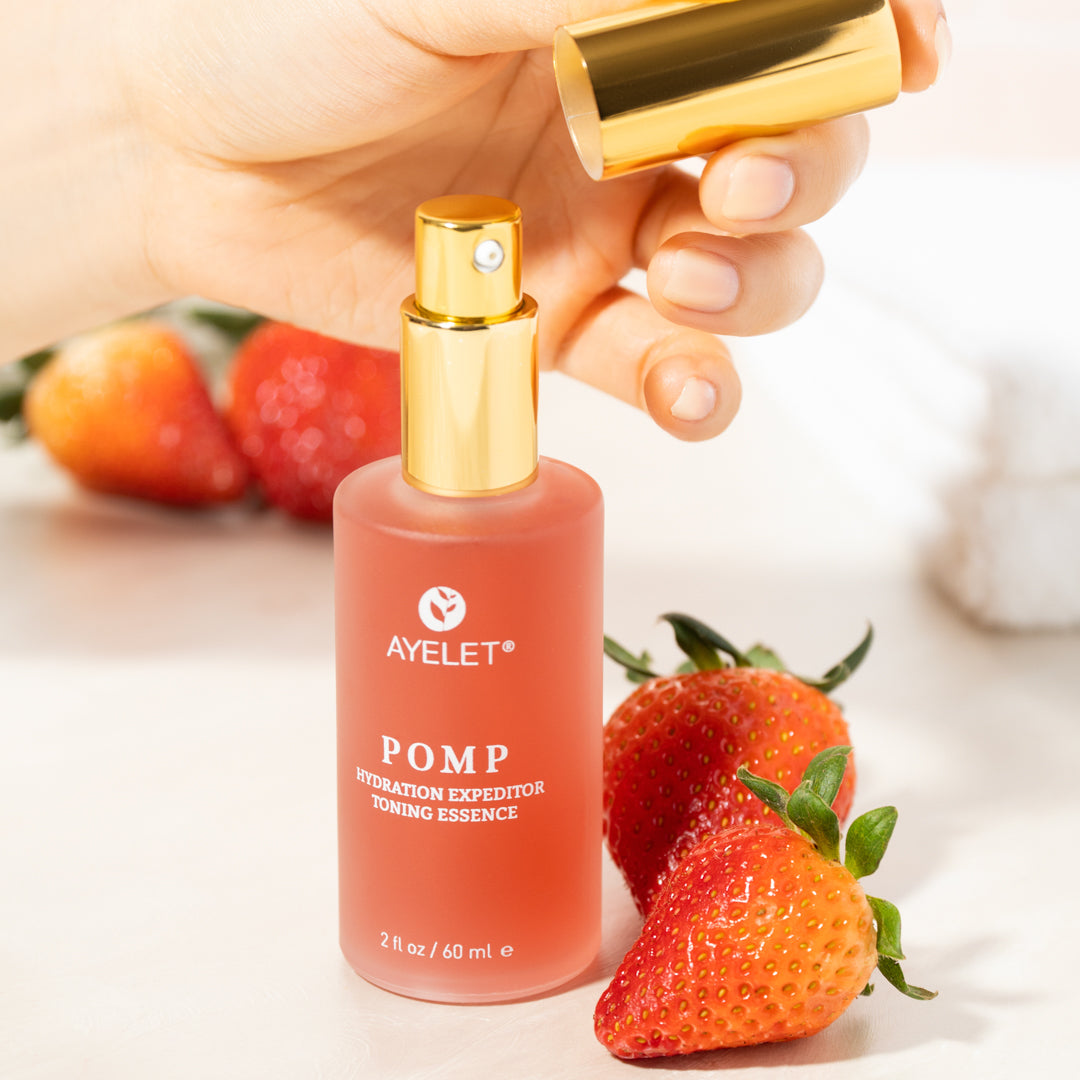
So much is written about preserving anhydrous products but there is a lot of confusion. Let’s hope that we can clear up the uncertainty.
Let’s understand first what is anhydrous means, it simply means without water-free. A preservative is generally only required where there is water present, so when a product is made with water, an effective preservative is required to prevent the growth of bacteria and other harmful substances such as yeasts and molds, and often the product would also require some form of challenge testing to ensure the preservative is effective.
When considering the need to preserve your product, one of the most common confusions is the difference between an antioxidant and a preservative, so to be clear, an antioxidant such as Vitamin E, or Rosemary Extract, or Grapefruit Seed Extract, which are common additions to prolong the longevity to certain types of products are NOT preservatives and therefore are not suitable on their own to preserve any product that contains water.
Antioxidants are substances that prevent or reduce oxidization which is a frequent problem in oil-based products such as anhydrous balms and body butter, as the oils and butter they are made from will oxidize over time known as rancidity. It is typical to add an antioxidant to any of these types of products to help extend their life, but because the product does not contain water or come in contact with water there is no need for a preservative.
The confusion here is when a product might come into regular contact with water in use becoming a source for bacterial growth in that product. The most common product where this happens would be any kind of oil-based product designed to be used in the shower or bath, or near water, the most common ones being scrubs, and cleansing balms where they are used by a sink.
Preserving Anhydrous Cleansing Balms, and Scrubs
If a Balm designed as a cleansing balm to be used in a sink may be in contact with water, or bathroom steam an adequate preservative is required.
If a product designed to come into contact with water like a scrub used with wet fingers a broad spectrum preservative is needed.
If scrub is only made from oils and has a high percentage addition of either salt or sugar without any further additions they are considered to be self-preserving with no need to add a separate preservative if they are not used in the shower or use by a sink, They will benefit from an antioxidant to extend the life of the oils but the addition of a further preservative is not generally considered necessary.
Well.. I hope this short article will help you understand better.


